If I am using the scanning power lens (4x) what is the total magnification?
40x
4x (scanning) x 10x (eyepiece)
Which claims apply to the image below?
1.Living things are made of cells, and nonliving things are not made of cells.
2.Some organisms are unicellular, and some organisms are multicellular.
3.Cells have individual parts that contribute to the function of the cell as a whole.
4. A multicellular organism is made up of different types of cells.
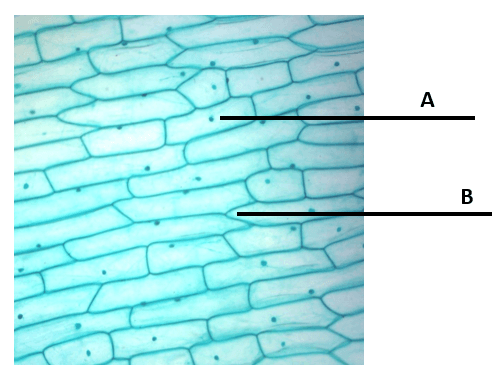
1, 2, 3, 4
What is the name and function of organelle A?
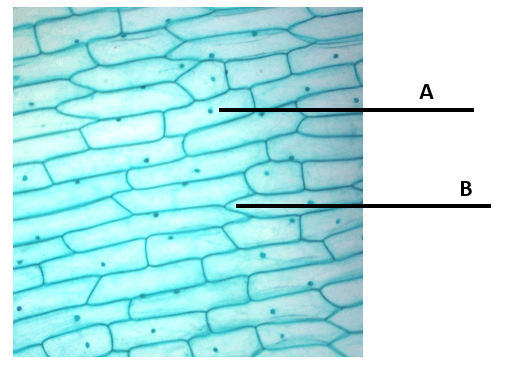
Nucleus- Control center of the cell, directs cell activities and holds DNA.
Living things must be made of at least one or more ________. They can be unicellular or multicellular.
Cells
From the slide, what evidence supports the claim: 1.Living things are made of cells, and nonliving things are not made of cells.
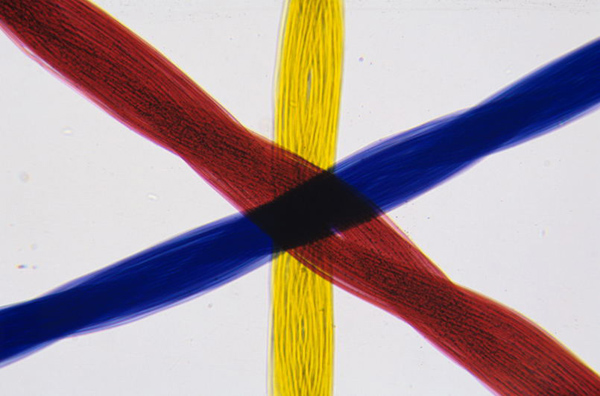
The threads do not have cells, so they must be nonliving.
If I am using the low power lens (10x) what is the total magnification?
100x
10x (low) x 10x (eyepiece)
Which claim(s) apply to the image below?
1.Living things are made of cells, and nonliving things are not made of cells.
2.Some organisms are unicellular, and some organisms are multicellular.
3.Cells have individual parts that contribute to the function of the cell as a whole.
4.A multicellular organism is made up of different types of cells.
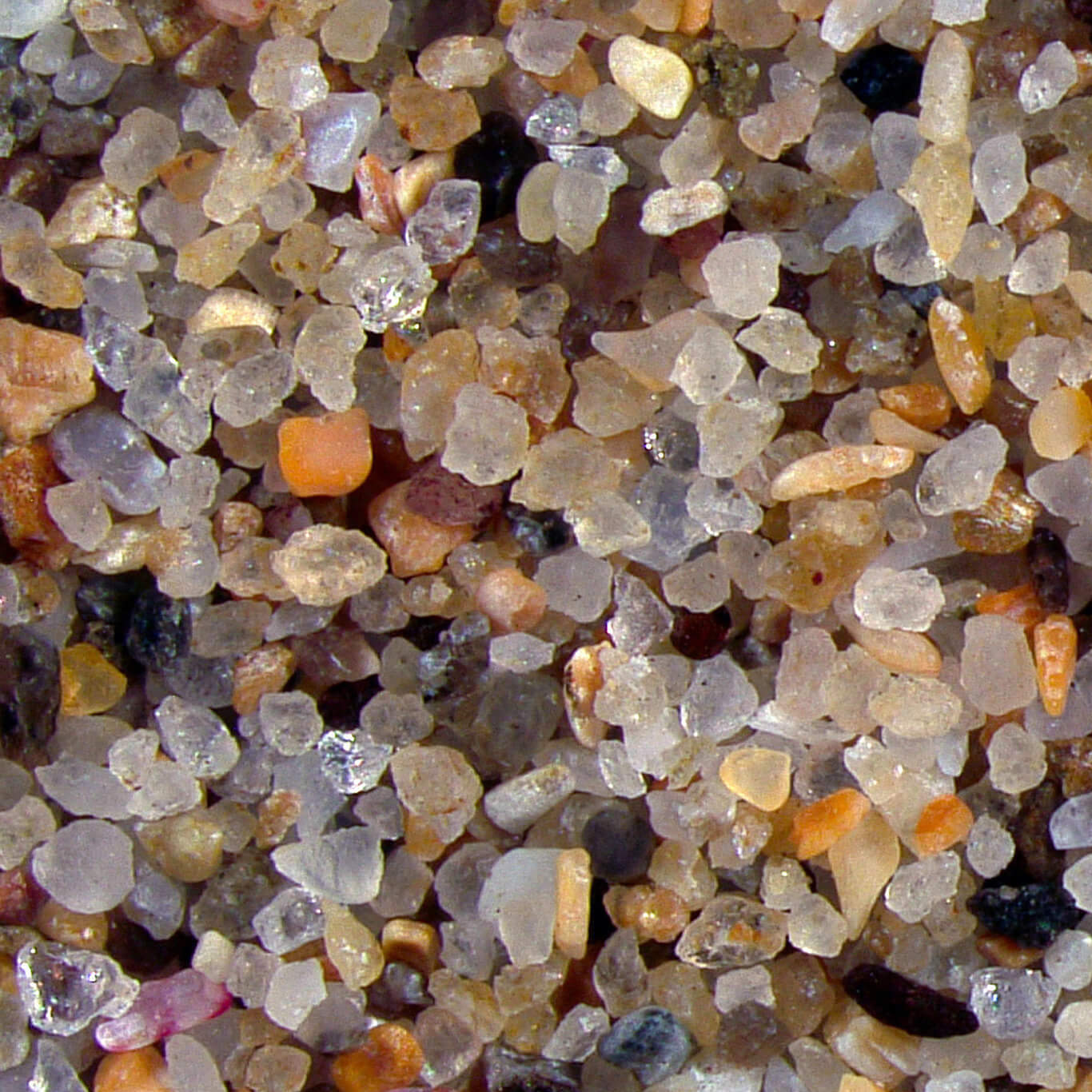
1
What is the structure and function of A?
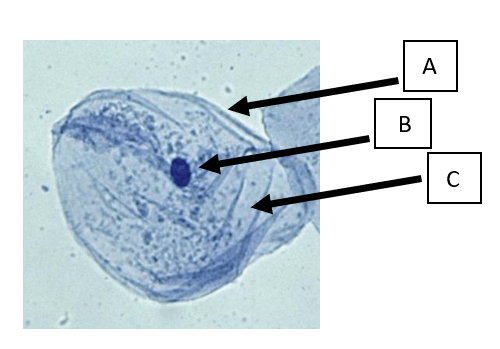
Cell membrane: Allows molecules in/out of cells.
When living things make their own food, consume other things or break down dead materials, they need and use _____________.
Energy
From the slide, what evidence supports the claim: 2.Some organisms are unicellular, and some organisms are multicellular.
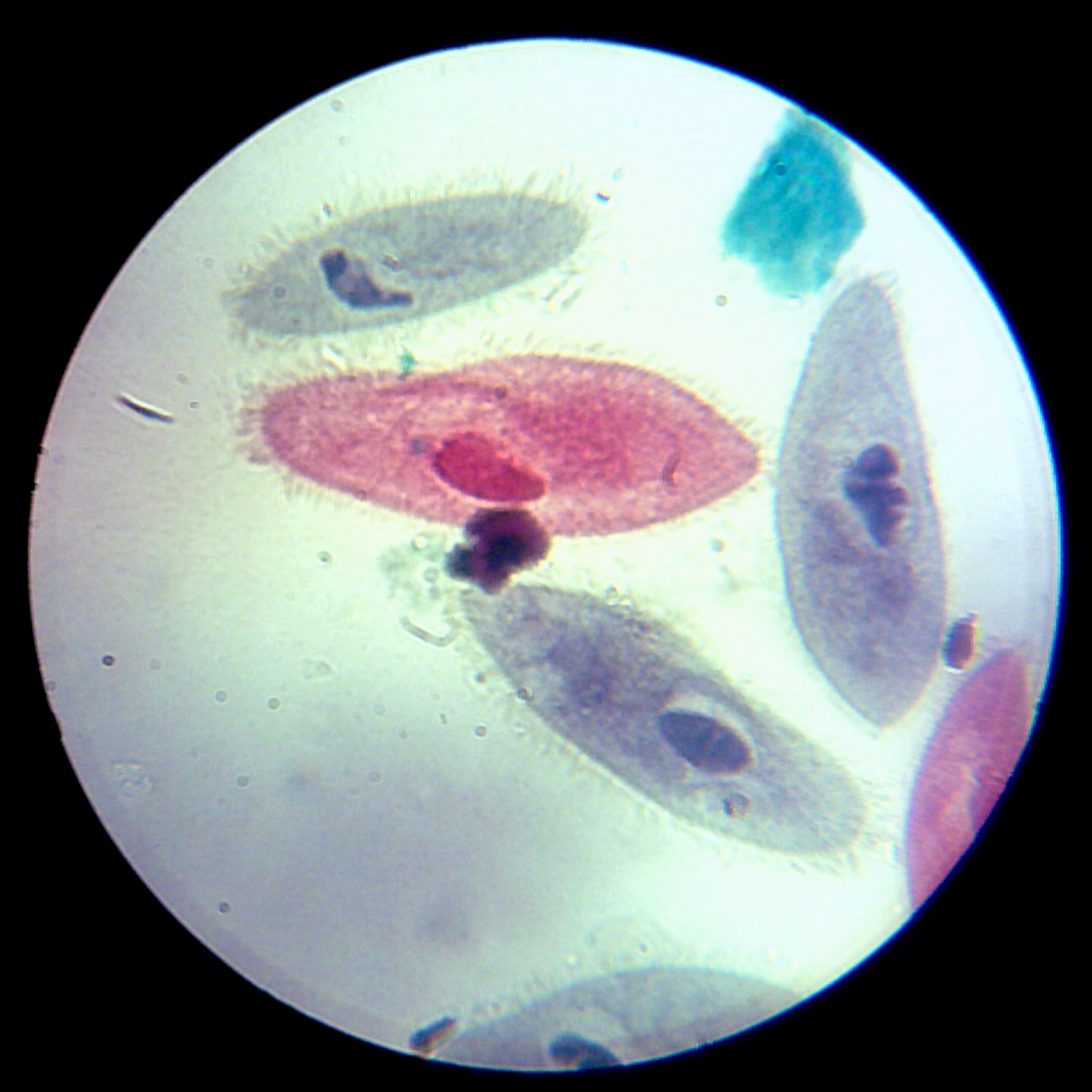
The paramecium is made of one cell (unicellular).
If I am using the high power lens (40x) what is the total magnification?
400x
40x (high) x 10x (eyepiece)
Which claim(s) apply to the image below?
1.Living things are made of cells, and nonliving things are not made of cells.
2.Some organisms are unicellular, and some organisms are multicellular.
3.Cells have individual parts that contribute to the function of the cell as a whole.
4.A multicellular organism is made up of different types of cells.

1, 2, 3
What is the structure and function of C?
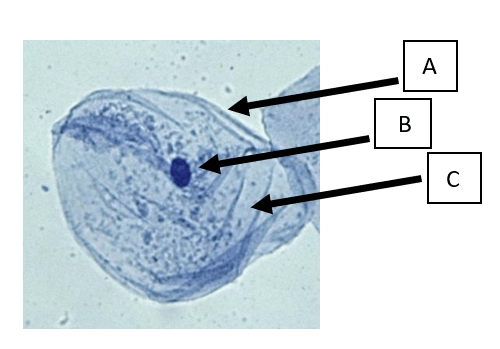
Cytoplasm: Gel-like fluid that holds the organelles in place.
When living things increase in size, mature over time and have a life span, they ______________ and _________.
grow and develop
From the slide, what evidence supports the claim:
Cells have individual parts that contribute to the overall function of the cell as a whole.

A nucleus and cell wall were visible in the slide.
If the diameter of the field of view is 1.4 millimeters, the insect would be about __________ millimeters.
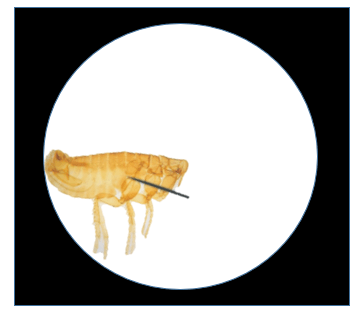
0.7 mmm
Which claim(s) apply to the image below?
1.Living things are made of cells, and nonliving things are not made of cells.
2.Some organisms are unicellular, and some organisms are multicellular.
3.Cells have individual parts that contribute to the function of the cell as a whole.
4.A multicellular organism is made up of different types of cells.

1, 2, 3, 4
What is the structure and function of letter B?

Cell Wall: Gives the plant cells structure and support. Found in plant cells only.
Living things produce offspring through asexual or sexual ___________________.
Reproduction
From the slide, what evidence supports the claim: 4.A multicellular organism is made up of different types of cells.

Nerve cells and cheek cells look different and have different functions but are both found in humans.
If the magnification power of the microscope is increased, the size of cells ________________ and the quantity of cells ___________________.
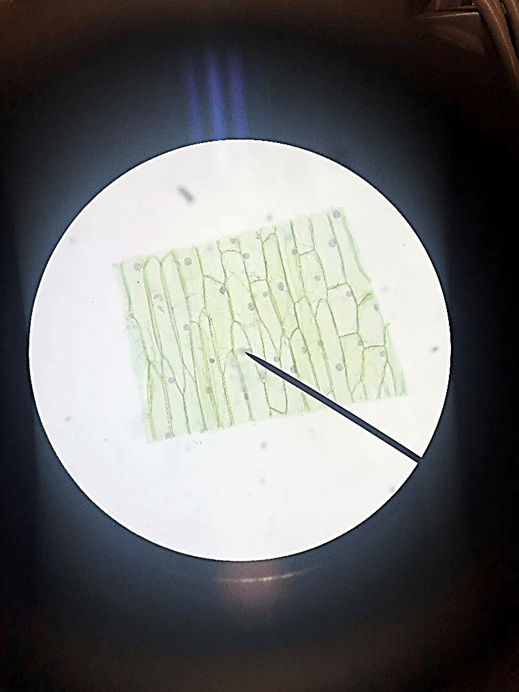
Increase, decrease
Which claim(s) apply to the image below?
1.Living things are made of cells, and nonliving things are not made of cells.
2.Some organisms are unicellular, and some organisms are multicellular.
3.Cells have individual parts that contribute to the function of the cell as a whole.
4.A multicellular organism is made up of different types of cells.

1, 2, 3
What is the structure and function of letter A?
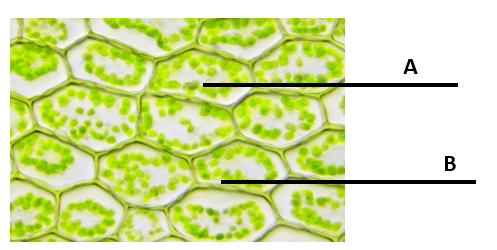
Chloroplast: Site of photosynthesis, takes in sunlight, water and CO2 to make food for the plant. Plant cells only.
Living things have a genetic code and pass down traits to the next generation through ____________ in the nuclei of their cells.
DNA
From the slide, what evidence supports the claim: 2.Some organisms are unicellular, and some organisms are multicellular.

The yeast are made of one cell therefore they are unicellular while the onion bulb is multicellular.